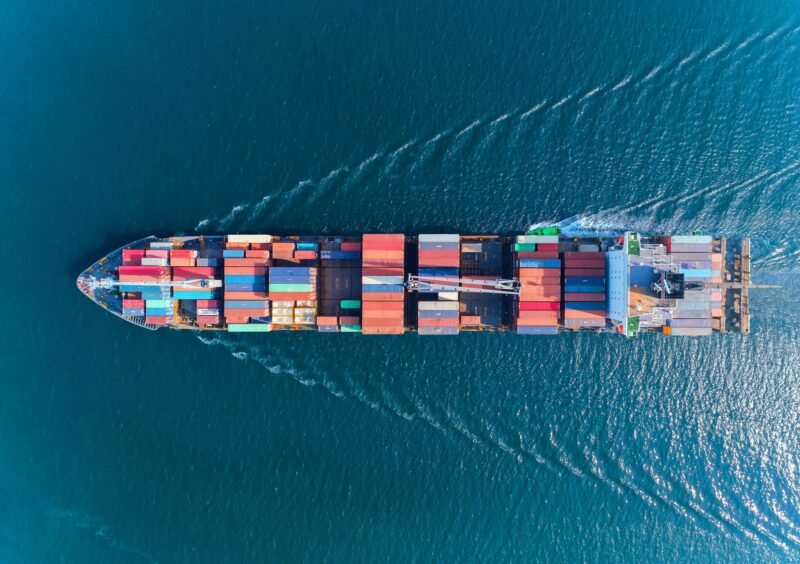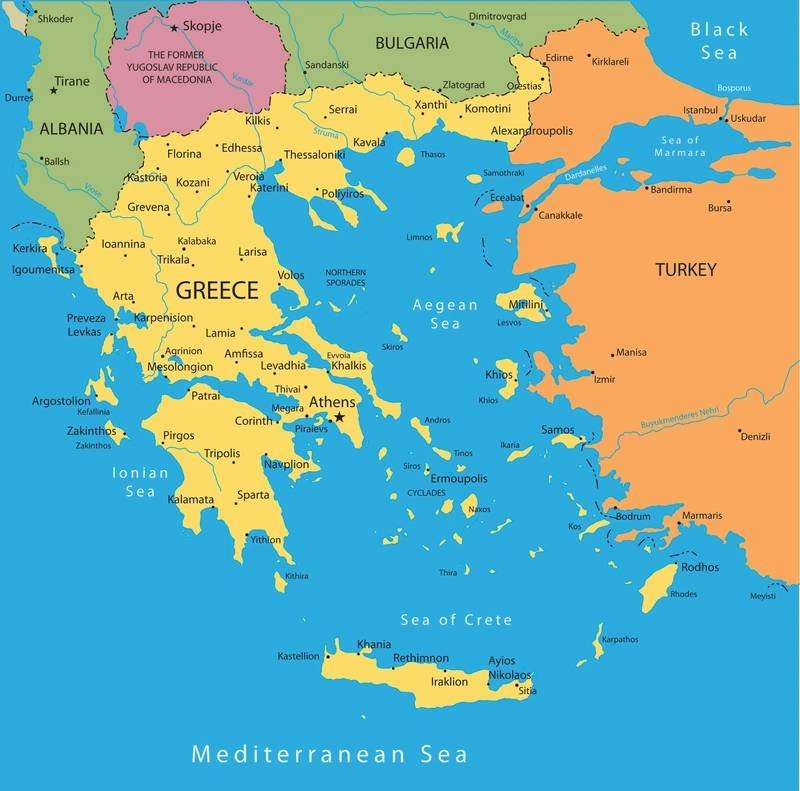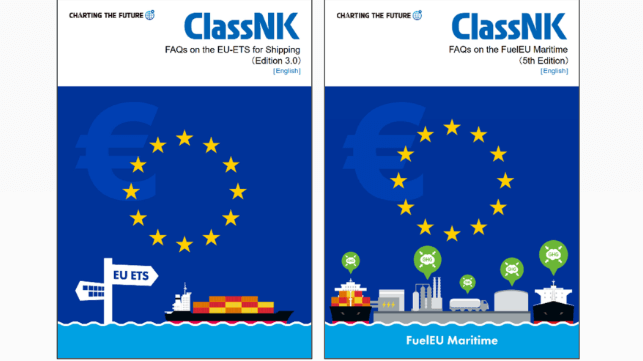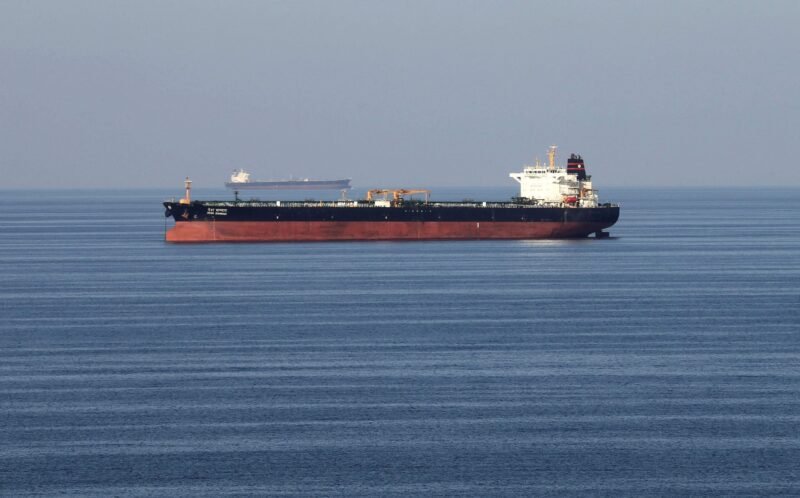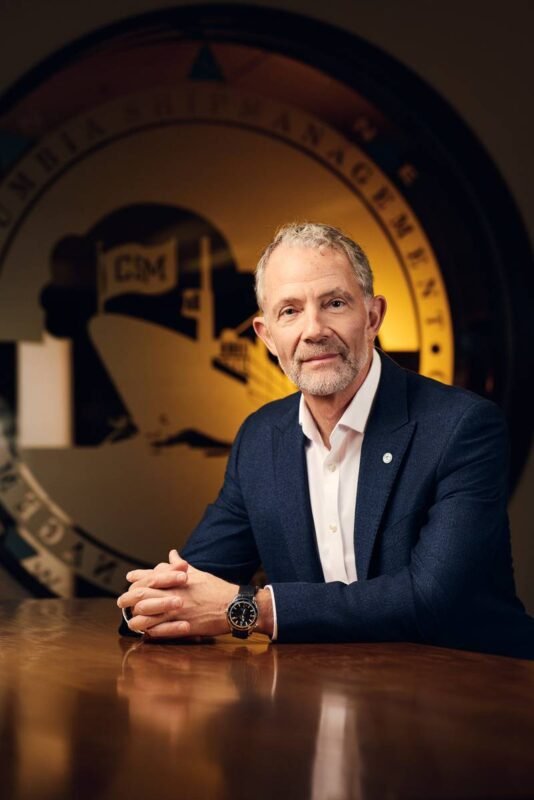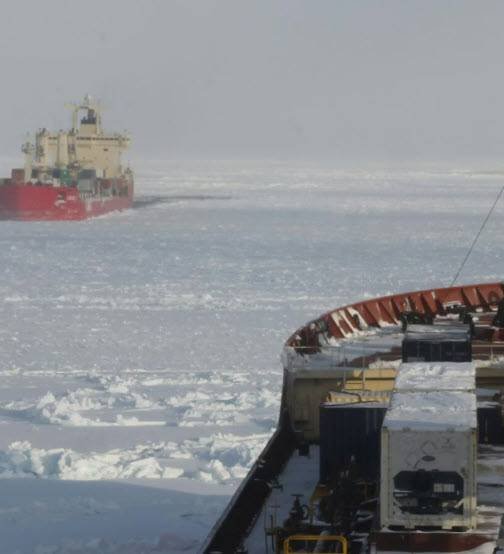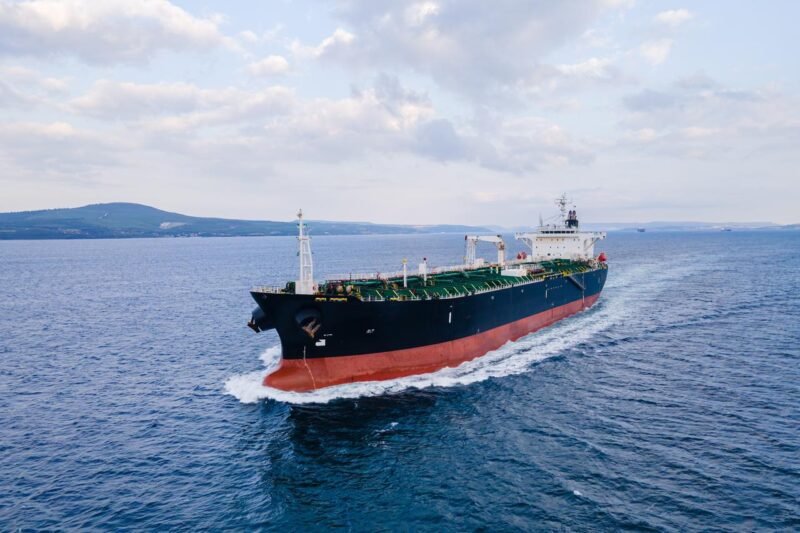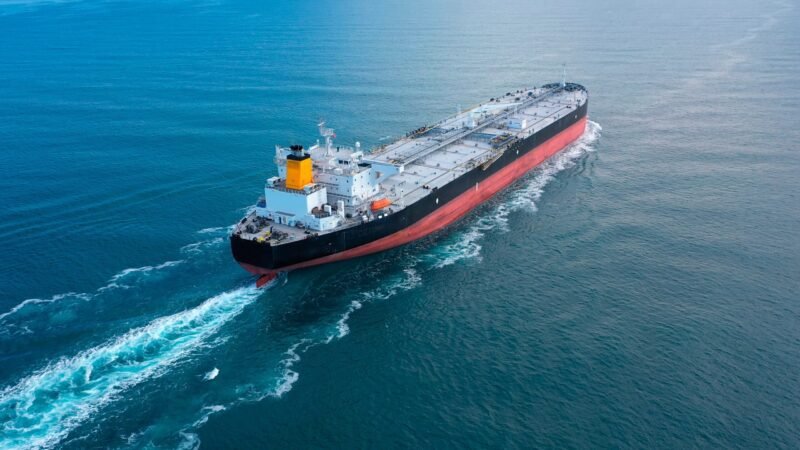The International Maritime Organization (IMO) has convened a pivotal four-day session of its Marine Environment Protection Committee (MEPC) in London, aiming to forge binding global regulations to curb greenhouse gas emissions from the shipping industry. Secretary-General Arsenio Dominguez opened the meeting by emphasizing the urgency of implementing the IMO’s Net-Zero Framework (NZF), which seeks to translate ambitious climate goals—such as a 20-30% reduction in emissions by 2030 and 70-80% by 2040—into enforceable obligations by 2027.
With maritime transport responsible for nearly 3% of worldwide greenhouse gas emissions, the meeting marks a crucial step in steering the $14 trillion shipping sector toward sustainability. Dominguez acknowledged the diverse viewpoints among delegates, noting debates over the NZF’s ambition and the economic feasibility of alternative fuels. While some representatives argue the framework does not go far enough to address the climate crisis, others—particularly industry leaders from major shipping nations—warn that strict penalties and the lack of accessible green fuels could undermine industry competitiveness.
Despite internal disagreements, the NZF has garnered official backing from a coalition of 63 nations, including Greece’s government, even as leading Greek shipowners caution against potential financial burdens. The European Commission has also voiced support, committing to coordinated initiatives that ensure fair competition in the sector.
As discussions continue under the leadership of Chair Harry Conway, Dominguez has stressed the need for fairness, especially for vulnerable countries, and the importance of upholding an inclusive, respectful dialogue. Approval of the NZF, requiring a two-thirds majority, could unify global shipping on a path to net zero, balancing economic and environmental priorities as the IMO navigates the future of maritime regulation.
Share it now


